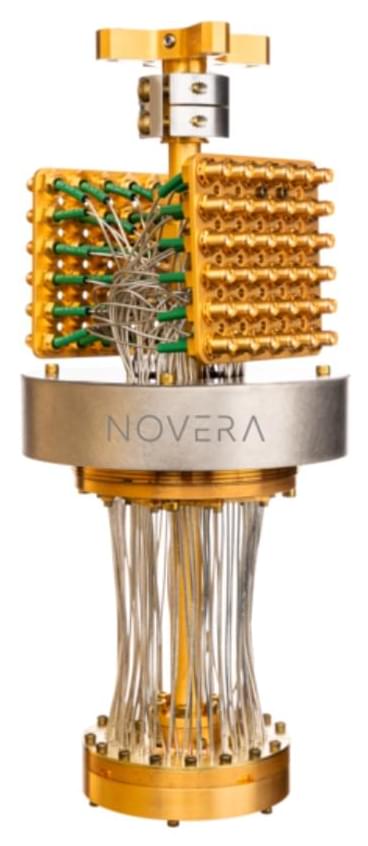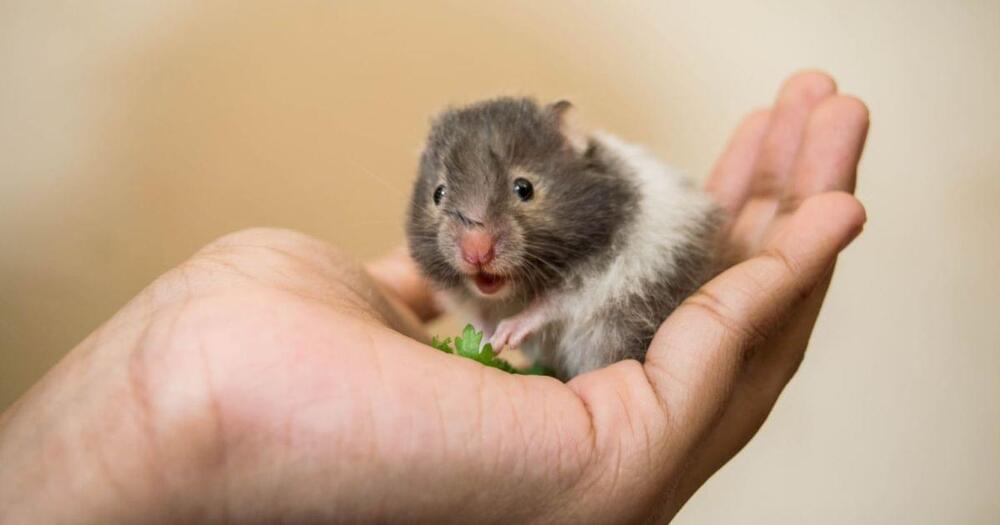In a landmark move with far-reaching implications, the European Union has reached a historic agreement on the world’s first comprehensive artificial intelligence (AI) regulation. This ambitious legislation, dubbed the “AI Act,” paves the way for ethical and responsible AI development while minimizing the potential risks of this transformative technology.
AI Act
The EU was ahead of the game when it released its initial AI rulebook in 2021, but the rise of generative AI caused officials to update their proposal.



